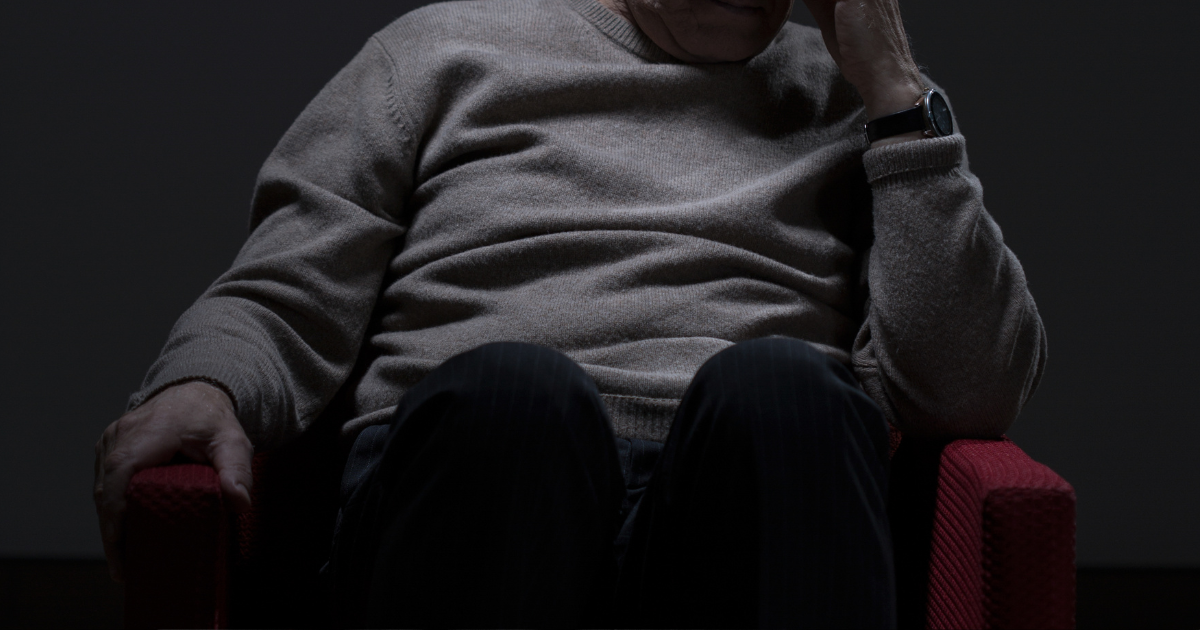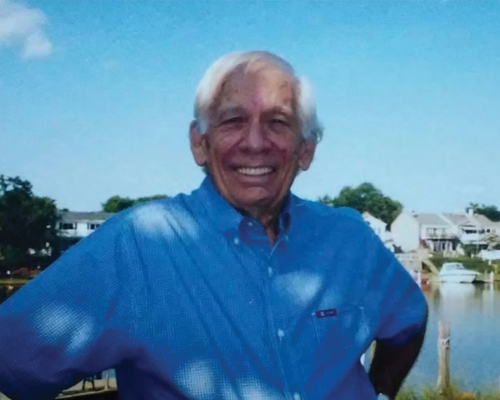CHAPTER 11 - No Home for Rob
I spent as much time with Rob in rehab as I could. His daughter, Dotty, came often; sometimes her husband came with her. I never saw her daughters there. Before his hospitalization, Rob had kept in touch with most of his siblings, but none of them came to visit him. He, having no phone or tablet or laptop, could not communicate with them.
Dotty was best friends with one of Rob’s nieces, so she and her parents might have known about Rob. But would they have been told the truth? Dotty may have deflected any siblings as she did some of his friends.
He still had few visitors while in rehab. Only one or two other friends visited at all and I knew that several times Dotty discouraged or stopped them. It seems, looking back, that at least one of the many aides, social workers, and therapists, who saw him regularly, should have noticed his isolation and decline. But nothing changed.
THREE STRIKES
Rob’s relationship with his daughter had always seemed to be cordial. I sensed no bitterness or friction between them, but I was wrong. She must have harbored a lot of hatred and resentment but she had always kept in touch with him. She was always pleasant when we were visiting Rob at the same time. We also exchanged information by texting, although she never reported any of his test results or when he might be released.
I was not sure about Dotty’s actions or motives until she put him in the rehab facility against his wishes. Because of that and the signs that she was deliberately isolating him, I started making daily notes and copies of her texts and actions. Rob was becoming sadder and quieter as time went on and stayed in bed more and more. Then three things happened.
UNBELIEVABLE
Dotty wanted to take over the care of Rob’s house. I gave her a key. I had an extra one but did not tell her. I should not have given her a key - another mistake. She now had control of his mail and would use that to make more trouble. Even worse, she had access to all of his belongings, and his car.
he next blow came when Rob asked me if his house was empty. When I asked why, he told me that they were going to give his car (a twenty-year old Toyota) to one of Dotty’s daughters and also sell his house. I couldn’t believe it, but a few days later I saw her car at his house and then both her car and his were gone. He told me that he didn’t want to sell his house.
I was horrified at what this meant but had no idea what I could do. Rob wouldn’t speak up and object. I still didn’t want to tell him that I now knew that Dotty was deliberately hurting him. I also feared what she would do if I confronted her. She held all the cards. Then strike three – a family friend told me that Dotty was transferring Rob to an assisted living facility. This of course meant that he would never return to his beloved home.
I JUST WANT TO GO HOME
One of the biggest fears of the elderly is being institutionalized. While some elders welcome the care and in some cases home care is not possible, most people simply want to stay home. Changing the living circumstances of an elder person, disabled or not, can be very disturbing and disorientating for them. If they don’t want to move, and unless there is no other way, making them move is an abuse of their freedom of choice. The move to assisted living was the third time Rob had been relocated in a month’s time.
Rob could have done well at home, needing only my help and some short-term, part-time home care, which he could have easily afforded. He could have resumed his everyday tasks, his walks, shopping and chatting with neighbors. When elders are forced into institutions, there is a shock of loss. It is the loss of their way of life.
WHY THE SILENCE?
There are many reasons why abused elders do not speak up or report bad treatment to an authority or a medical provider.
- The elder may not realize that the treatment is actually abuse and may believe there is a reason for the abusive treatment.
- The victim may want to protect the abuser from legal actions or defamatory gossip – especially if the abuser is a family member.
- The abuser may be making threats of retribution and/or abandonment if the victim does not do as they are told.
It is difficult to detect some types of abuse. Bruises and broken bones are apparent, but concerned family members, staff members in long term care facilities, and mental health professionals should be able to recognize signs of other types of abuse. Infliction of undue influence overcomes the victim’s will and reasoning so they will believe whatever is told them by their abuser.
Rob’s abuses turned out to be mental, emotional, physical and financial. After one month of controls by his daughter, he had already lost his way of life and his personhood.
This, and worse, can happen to anyone, any age, culture, background, religion, race, gender, social environment, smart or not smart.
✔️ Saving Susie: An Elder Abuse Horror Story – by Nancy Richmond

















